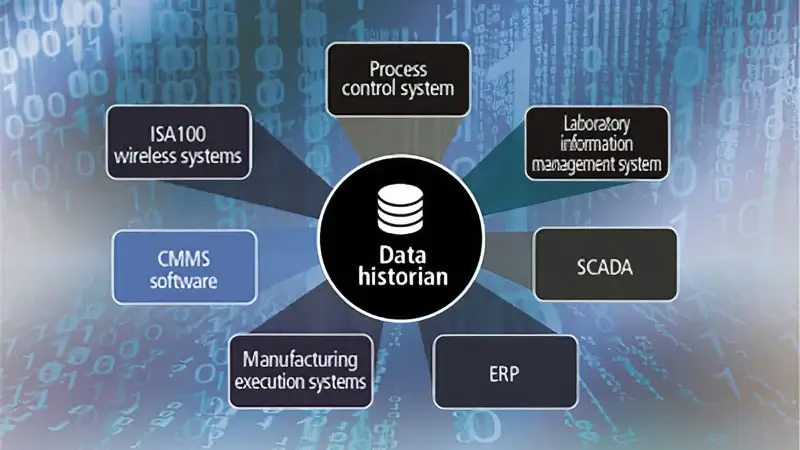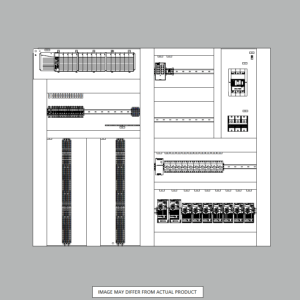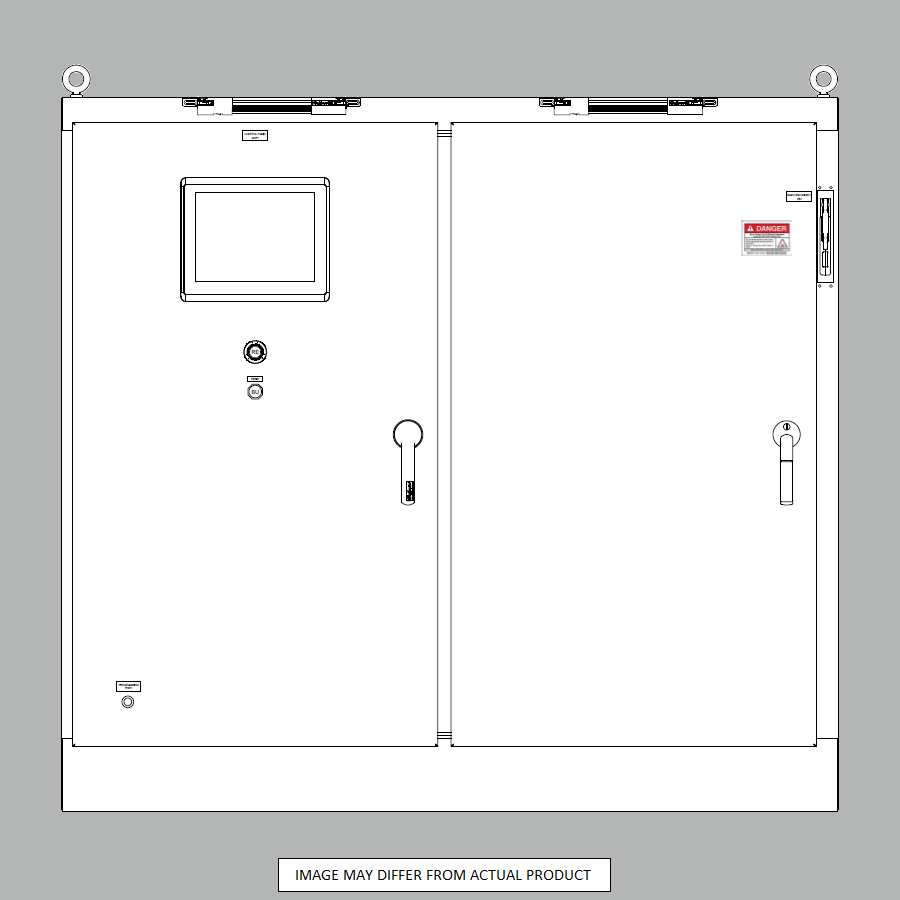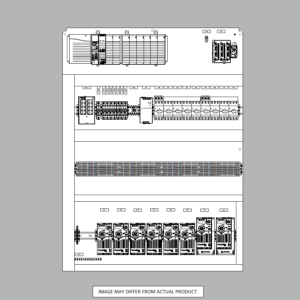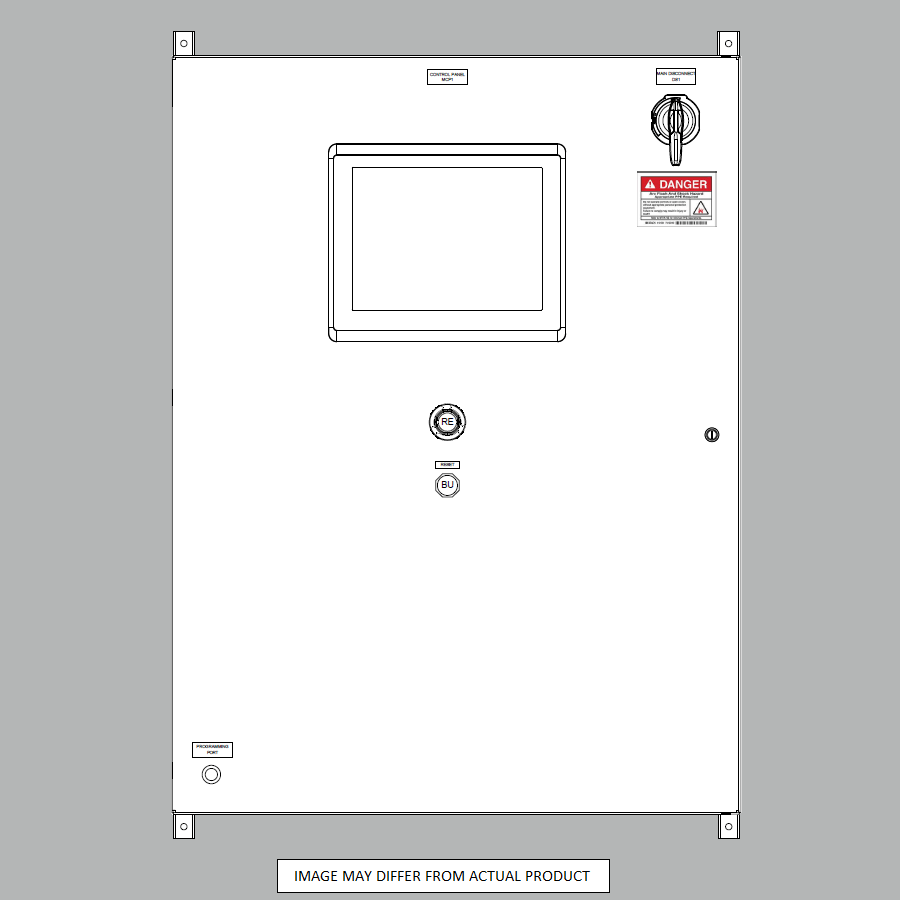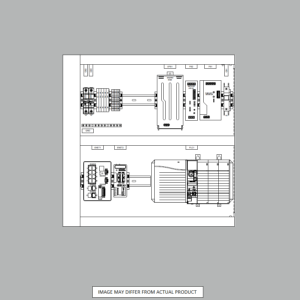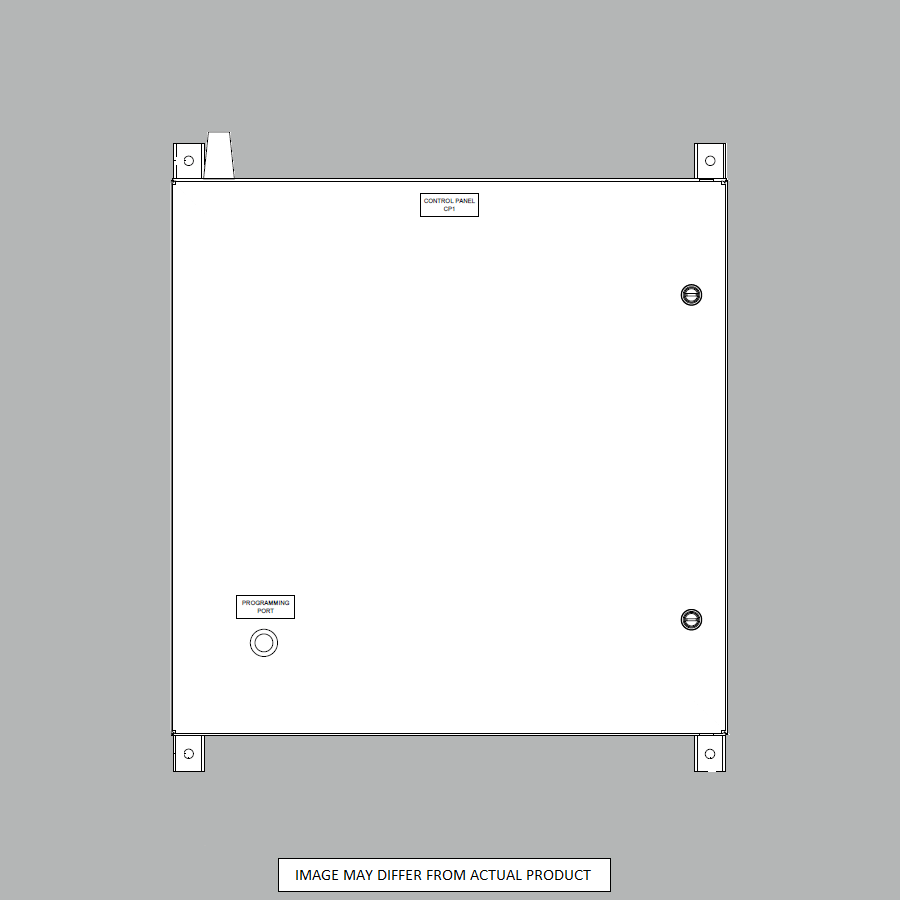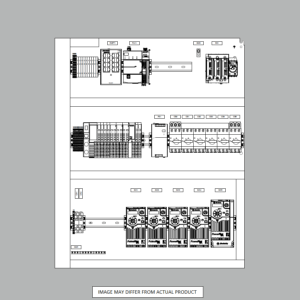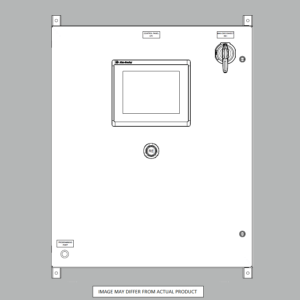Unlocking Process Manufacturing Data: The Role of Data Historian
Data historians play an indispensable role in the success of modern process manufacturing. As manufacturers adopt Industry 4.0 practices and generate ever-increasing volumes of data, using dedicated data historian software becomes crucial to collecting, storing, and analyzing this wealth of operational information. This article will explore what data historians are, why they are essential for manufacturers, and how they can help drive smarter, more efficient operations.
Article Outline
- What is a Data Historian?
- Why are Data Historians Critical for Process Manufacturers?
- Key Capabilities to Look for in a Data Historian
- The Road Ahead
- Summary
What is a Data Historian?
A data historian is a specialized software designed to collect and store time-series data from industrial assets and processes. It is a centralized data repository and management system for production data generated across the plant. They have the following key capabilities:
- Collect and store time-series data from various sources around the plant in a central data store. Sources can include PLCs, sensors, control systems, and more.
- Compress raw data while retaining essential context to enable the storage of high volumes of information. Data compression ratios of 10:1 or 20:1 are common.
- Provide fast data retrieval and real-time data analysis capabilities to facilitate monitoring and troubleshooting of live processes.
- Ensure data integrity through techniques like time stamping to avoid issues from mismatched system clocks across data sources.
- Allow easy configuration to collect data from diverse sources like PLCs, sensors, control systems, etc., in various formats like SQL, NoSQL, REST, OPC UA, etc.
- Seamlessly integrate with data visualization, analytics, and machine learning platforms to drive actionable insights from historical data.
Why are Data Historians Critical for Process Manufacturers?
Process industries like oil & gas, chemicals, pharmaceuticals, and utilities generate massive volumes of time-series data from sensors, control systems, and automation platforms. An advanced process control system can have over 1 million data points that must be managed. Traditional relational databases like SQL are ill-equipped to efficiently handle the scale and variety of this high-velocity data deluge.
Data historians provide the following benefits that make them indispensable for process manufacturers:
Efficient Storage of Time-Series Data
Data historians employ advanced lossless compression algorithms to reduce the storage footprint of raw data by up to 95% while retaining essential production parameters like process values, timestamps, alarm events, etc. This allows economical storage and management of very high volumes of plant data.
Real-Time Data Analysis
Data historians allow instant access to any desired subset of historian data through SQL queries or API requests. This enables real-time data visualization, monitoring, and analytical applications for timely production insights and faster response to issues.
Improved Data Accuracy
Data historians accurately sequence and timestamp data on ingestion. This prevents inaccuracies due to mismatched system clocks across diverse production data sources in an industrial environment.
Enhanced Cybersecurity
Leading enterprise data historian platforms securely store and manage manufacturing data by providing role-based access control, data encryption, and LDAP/Active Directory integration.
Easier Deployment and Configuration
Data historians connect with data sources using standard interfaces like OPC UA, REST APIs, and SQL. Plant technicians can easily configure data collection from hundreds of PLCs and instruments.
Compliance and Auditing
Historians’ data archive capabilities allow manufacturers to maintain decades of production data for compliance reporting and internal auditing, as regulatory requirements require.
Analytics-Ready Data
Data collected in historian systems is optimized for reporting and analytics use cases. Tools can access time-series data without the complexity of connecting directly to control systems.
Key Capabilities to Look for in a Data Historian
Selecting the right data historian is crucial to leveraging the full potential of industrial data. Here are some key capabilities modern historian software needs:
- Ability to collect data from diverse sources, such as PLCs, DCS, sensors, IoT devices, etc. This enables the consolidation of data from across the plant.
- Support for high data volumes and velocities typical of process industry environments. Data ingestion and retrieval latency should be negligible.
- Advanced data compression algorithms that reduce storage needs while retaining key data parameters intact.
- Secure data storage with encryption, role-based access, and LDAP/AD integration to prevent unauthorized access.
- Flexible data retrieval options like SQL and REST APIs enable easy integration with programming languages and data tools.
- Real-time data analysis and visualization allow monitoring applications and timely operator insights.
- Easy integration with data science platforms like Python, R, and Matlab for operational intelligence use cases.
- Edge historian capabilities for decentralized architectures that bring computers closer to the data source.
- Cloud-native implementation for unlimited scalability, high availability, and disaster recovery.
Example of Data Historian Software
FactoryTalk Historian (Rockwell Automation)
FactoryTalk Historian from Rockwell Automation is a powerful software solution designed for industrial data collection and analysis. It helps manufacturers capture valuable data from their operations, improving productivity and efficiency. The tool seamlessly integrates with various automation devices and systems, providing real-time insights into production processes. This aids businesses in making data-driven decisions to optimize performance and reduce costs.
Moreover, FactoryTalk Historian is renowned for its scalability and reliability, catering to the needs of enterprises of all sizes. Advanced analytics transform raw data into actionable intelligence, facilitating continuous improvement and operational excellence. Its user-friendly interface and robust support system make it an indispensable asset for modern manufacturing environments aiming to achieve digital transformation.
ThingWorx IIoT Platform (PTC)
ThingWorx IIoT Platform by PTC is revolutionizing how businesses approach the Industrial Internet of Things (IIoT) by providing a comprehensive suite of tools that enable the rapid development, deployment, and scaling of IIoT applications and solutions. With its powerful, flexible, and scalable platform, ThingWorx facilitates seamless integration of the physical and digital worlds, allowing companies to harness the power of real-time data to drive efficiency, productivity, and innovation across various industries.
By leveraging advanced technologies such as machine learning, augmented reality, and connectivity, ThingWorx IIoT Platform empowers organizations to create smart, connected solutions that transform operational processes and business models. Whether it’s optimizing manufacturing operations, improving supply chain visibility, or enhancing customer experiences, ThingWorx provides the foundation for enterprises to realize the full potential of IIoT and thrive in the digital era.
The Road Ahead
Data historians will continue to evolve as IIoT and Industry 4.0 initiatives expand within process manufacturing. For example, they will incorporate more edge analytics capabilities while seamlessly integrating with enterprise systems and advanced cloud platforms. As manufacturers undertake their digital transformation journey, data historians will provide the critical data foundation to optimize processes, improve agility, and drive smarter decision-making.
Summary
- Data historians are time-series data management systems purpose-built for industrial environments. They consolidate data from across the plant floor.
- Data historians efficiently and reliably store and compress large volumes of manufacturing data from diverse sources, such as PLCs and sensors.
- Data historians enable real-time data analysis and drive actionable insights from historical process data to improve operations.
- Selecting the right data historian is key to leveraging industrial data for process improvements, reduced downtime, quality management, and more.
- Data historians will play an increasingly critical role in digital manufacturing initiatives that rely heavily on operational data, such as IIoT and Industry 4.0.
If you need help with data historian software, contact us today at Automation Ready Panels.
-
Large Process Automation: Panelview 5000, ControlLogix 5580
$24,073.00 Select options -
Small Process Automation: Panelview 5000, ControlLogix 5580
$20,321.00 Select options -
Small Process Automation: ControlLogix 5580, UPS Battery Backup, Cellular Modem
$18,999.00 Select options -
Advanced Automation: Panelview 5000, Safety CompactLogix 5380
$10,269.00 Select options

